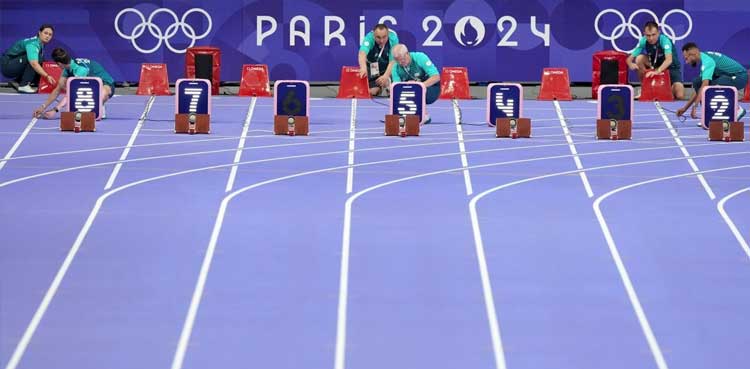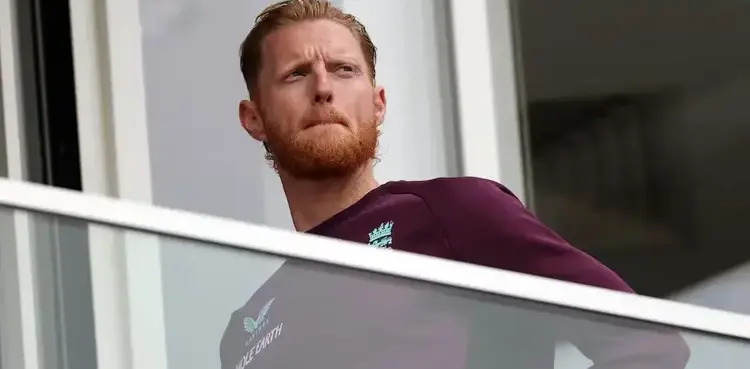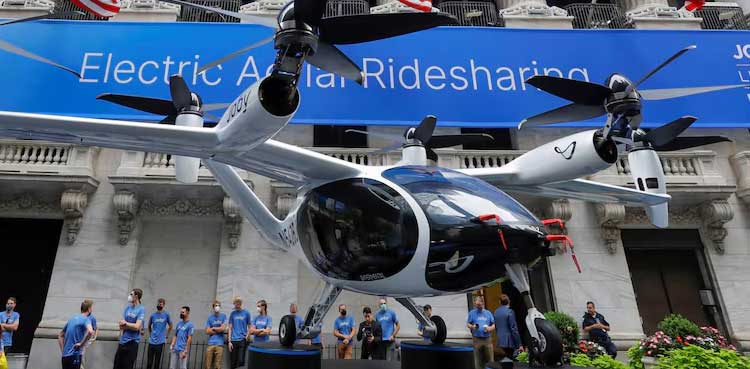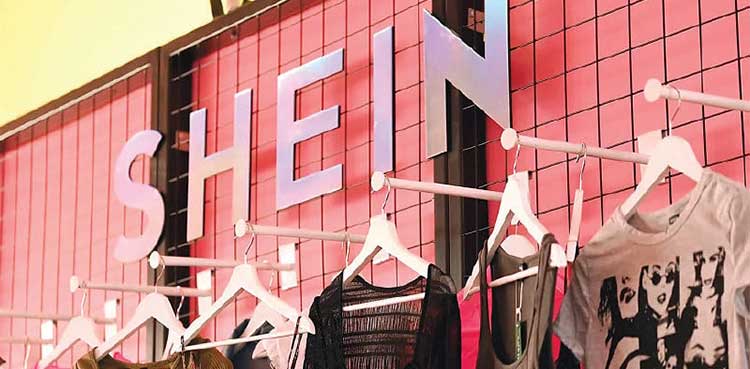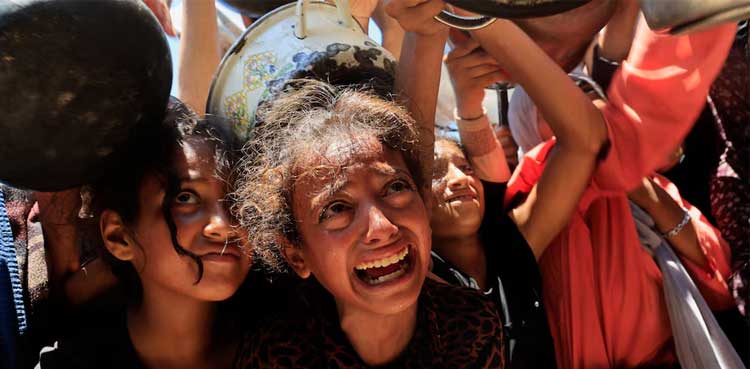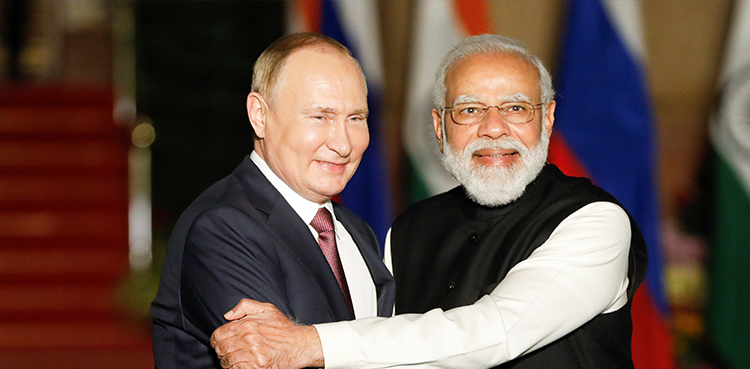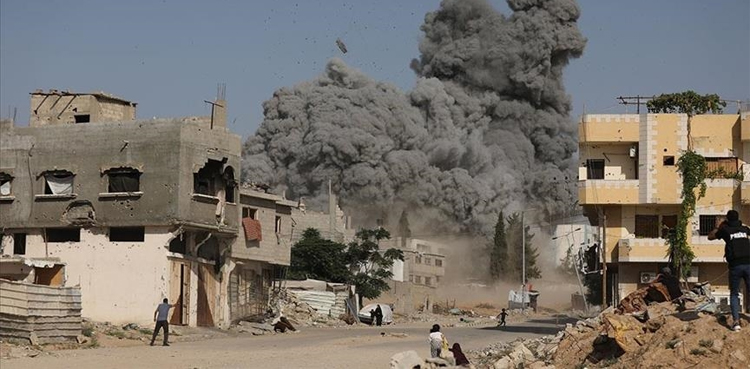Hamas said on Sunday it was prepared to coordinate with the Red Cross to deliver aid to hostages it holds in Gaza, if Israel meets certain conditions, after a video it released showing an emaciated captive drew sharp criticism from Western powers.
Hamas said any coordination with the Red Cross is contingent upon Israel permanently opening humanitarian corridors and halting airstrikes during the distribution of aid.
According to Israeli officials, 50 hostages now remain in Gaza, only 20 of whom are believed to be alive. Hamas, thus far, has barred humanitarian organizations from having any kind of access to the hostages and families have little or no details of their conditions.
On Saturday, Hamas released its second video in two days of Israeli hostage Evyatar David. In it, David, skeletally thin, is shown digging a hole that, he says in the video, is for his own grave. The arm of the individual holding the camera, which can be seen in the frame, is a regular width.
The video of David drew criticism from Western powers and horrified Israelis. France, Germany, the UK and the U.S. were among countries to express outrage and Israel’s foreign ministry announced that the UN Security Council will hold a special session on Tuesday morning on the issue of the situation of the hostages in Gaza.
Israeli Prime Minister Benjamin Netanyahu said on Sunday he had asked the Red Cross to give humanitarian assistance to the hostages during a conversation with the head of the Swiss-based ICRC’s local delegation.
A statement from The Hostages Families Forum, which represents relatives of those being held in Gaza, said Hamas’ comments about the hostages cannot hide that it “has been holding innocent people in impossible conditions for over 660 days,” and demanded their immediate release.
“Until their release,” said the statement, “Hamas has the obligation to provide them with everything they need. Hamas kidnapped them and they must care for them. Every hostage who dies will be on Hamas’s hands.”
Six more people died of starvation or malnutrition in Gaza over the past 24 hours, its health ministry said on Sunday as Israel said it allowed a delivery of fuel to the enclave, in the throes of a humanitarian disaster after almost two years of war.
The new deaths raised the toll of those dying from what international humanitarian agencies say may be an unfolding famine to 175, including 93 children, since the war began, the ministry said.
Egypt’s state-affiliated Al Qahera News TV said two trucks carrying 107 tons of diesel were set to enter Gaza, months after Israel severely restricted aid access to the enclave before easing it somewhat as starvation began to spread.
COGAT, the Israeli military agency that coordinates aid, said later in the day that four tankers of U.N. fuel had entered to help in operations of hospitals, bakeries, public kitchens and other essential services.
There was no immediate confirmation whether the two diesel fuel trucks had entered Gaza from Egypt.
Gaza’s health ministry has said fuel shortages have severely impaired hospital services, forcing doctors to focus on treating only critically ill or injured patients.
Fuel shipments have been rare since March, when Israel restricted the flow of aid into the enclave in what it said was pressure on Hamas militants to free the remaining hostages they took in their October 2023 attack on Israel.
Israel blames Hamas for the suffering in Gaza but, in response to a rising international uproar, it announced steps last week to let more aid reach the population, including pausing fighting for part of the day in some areas, approving air drops and announcing protected routes for aid convoys.
U.N. agencies say airdrops are insufficient and that Israel must let in far more aid by land and open up access to the territory to prevent starvation among its 2.2 million people, most of whom are displaced amidst vast swathes of rubble.
COGAT said that during the past week over 23,000 tons of humanitarian aid in 1,200 trucks had entered Gaza but that hundreds of the trucks had yet to be driven to aid distribution hubs by U.N. and other international organisations.
Meanwhile, Belgium’s air force dropped the first in a series of its aid packages into Gaza on Sunday in a joint operation with Jordan, the Belgian defence ministry said.
France on Friday started to air-drop 40 tons of humanitarian aid.
LOOTED AID TRUCKS
The Hamas-run Gaza government media office said on Sunday that nearly 1,600 aid trucks had arrived since Israel eased restrictions late in July. However, witnesses and Hamas sources said many of those trucks have been looted by desperate displaced people and armed gangs.
More than 700 trucks of fuel entered the Gaza Strip in January and February during a ceasefire before Israel broke it in March in a dispute over terms for extending it and resumed its major offensive.
Palestinian local health authorities said at least 80 people had been killed by Israeli gunfire and airstrikes across the coastal enclave on Sunday. Deaths included persons trying to make their way to aid distribution points in southern and central areas of Gaza, Palestinian medics said.
Among those killed was a staff member of the Palestinian Red Crescent Society, which said an Israeli strike at its headquarters in Khan Younis in southern Gaza ignited a fire on the first floor of the building.
The Gaza war began when Hamas killed more than 1,200 people and took 251 hostage in a cross-border attack on southern Israel on October 7, 2023, according to Israeli figures. Israel’s air and ground war in densely populated Gaza has since killed more than 60,000 Palestinians, according to enclave health officials.
